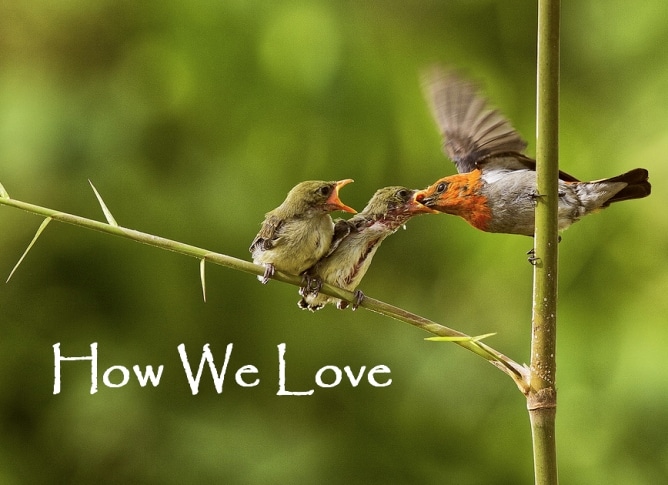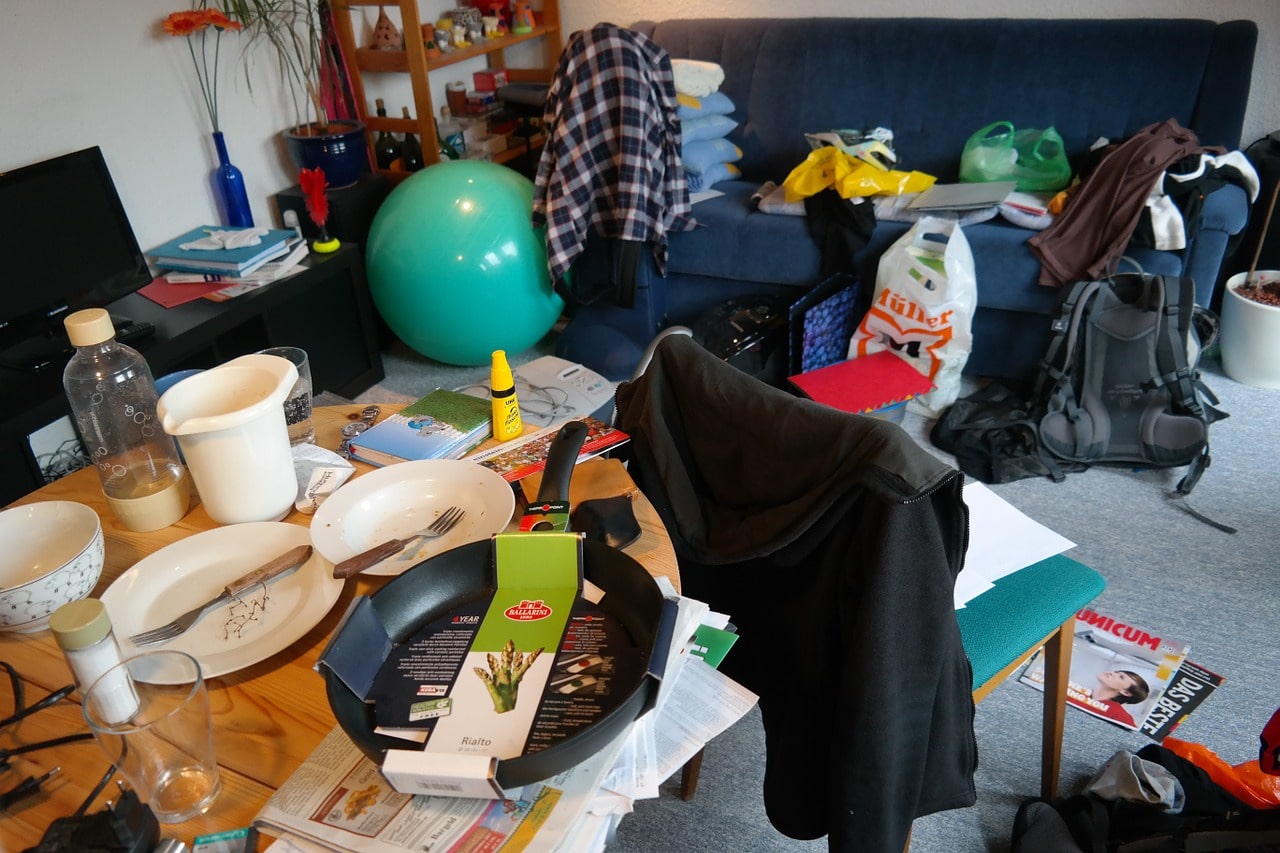CATCHING UP WITH OURSELVES
by Linda Anderson Krech
I learned an important way of thinking about the stages of activity from a childhood educator many years ago. First there is the preparation stage. Then the activity itself. And finally, the clean up process.
Yes, this is Basics 101. Nevertheless it is good to think about these stages, whether we are preschoolers or senior citizens. While the activity itself is the star of the show, the before and the after are important as well, though they often get shortchanged.
Some of us are naturally good at stage one — the planning and preparing aspect of life. We’re always making lists and trying to anticipate what we might need or want for our upcoming activities. Taking the time to think things through can serve us well, whether we’re preparing for vacations, holidays, or retirement. Planning lays a good foundation for doing.
Those who have procrastinating tendencies may linger far too long in the planning stage, however. Transitioning to the task itself can create anxiety, but without stage two even the most elaborate plans are for naught. Doing the work itself is the crux of the matter, if we want to have an impact on the world and manifest our dreams, large and small.
But my concern right now is with stage three — the wrapping up process, the cleaning up and coming to closure after a task is done.
Many of us are careless with this stage and don’t give it much thought. Once a task is finished, our energy naturally begins to shift and we may leave loose ends of all sorts as we turn to the next theme. On a tangible level, this tendency leads to clutter in your world, which translates into static in your mind. And clutter has a magnetic quality, as we all know. A small spot of clutter can multiply every time you turn your back. A single piece of junk mail will start a community of its own when you’re not paying attention. Dirty dishes insist on being in a crowd.
Developing a stage three consciousness has powerful clutter-busting potential. Just traveling through the day with this concept in mind can prompt you to catch up with yourself, whether you’re putting the cap on the mustard jar, or returning the scissors to their home as soon as their job is done.
Asian Efficiency , an innovative time management and productivity site, refers to this process as “clearing to neutral” — creating a clean slate for the next activity that will arise. If our pots are clean, we may be more likely to cook a meal. How we handle ourselves today can support or sabotage our efforts tomorrow. This one strategy can enhance your satisfaction in the present and reduce your stress. If your life is feeling too unmanageable, this might be a good time to brush up on your stage three skills.
I’ve been reactivating this idea lately, to find my way through a very busy time. The more rushed and overwhelmed I feel, the more likely I am to get careless, so I have been keeping a lookout for stage three opportunities. I’ll encounter one in a few minutes, actually, when I leave for an appointment — once I figure out how to end this article.
So what is it I really want to say? Here it is. During tough times it can be helpful to embrace simple strategies. A chaotic environment can contribute to our sense of overwhelm. Let’s encourage ourselves by catching up with ourselves. Whether we feel like it or not in the moment, it may serve us well in the long run. Let’s go with the long run.
And yes, I’m clearing off my desk before I go.
Linda Anderson Krech, MSW, is the Program Director of the ToDo Institute and author of Little Dreams Come True: A Practical Guide to Spiritual Parenting













